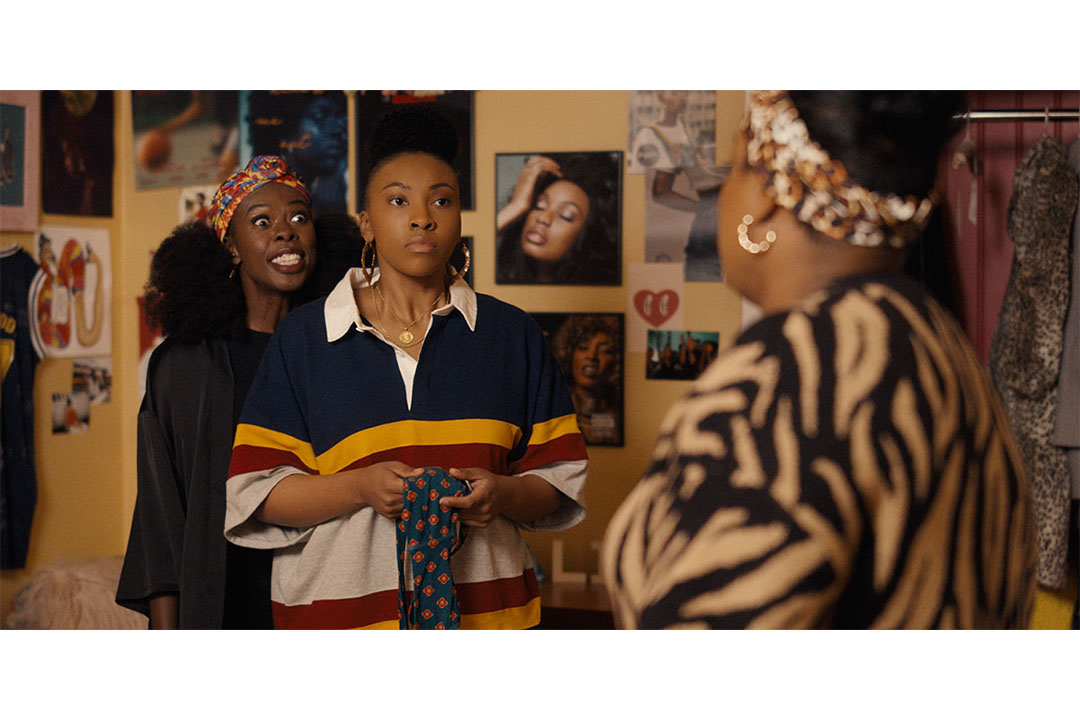This year’s Toronto International Film Festival featured a number of hard-hitting films and series about the Black experience. Among them was Sasha Leigh Henry’s series Bria Mack Gets A Life, a coming-of-age story about a young Black woman’s lived experience in Canada.
On September 17, The Varsity published a glowing review of the series written by Genevieve Sugrue, except for one point. In reference to a joke where the seemingly harmless act of touching a Black person’s hair was compared to Emmett Till’s seemingly harmless act of allegedly whistling at a white woman, Sugrue commented that the joke “didn’t land well with me,” as if to trivialize what Sasha Leigh Henry was trying to say. Although this appeared to be a joke, it was really a commentary on the Black experience as the rest of the series conveys.
Till’s supposedly harmless act of a whistle led to his death, and while Bria Mack wanted to react in similar fashion to the seemingly harmless act of touching her hair — as seen in the cutaway to her imagination — she practiced restraint and said nothing. This is an unfortunate part of the Black experience. Those who lynched Till never practiced restraint in response to his acts, but Bria Mack and Black people as a whole have to practice restraint regularly because the system is not in our favour. We have to be intentional about rejecting stereotypes out of a responsibility to ourselves and our community.
Sugrue’s comment not only came across as dismissive of the point being raised, but she allowed her offence or discomfort to hinder her from learning and seeing a different perspective. The joke wasn’t supposed to land with her. It wasn’t supposed to make her and the audience feel good. It was supposed to make her think, to look deeper and listen to what the filmmaker was actually trying to say. Unfortunately, she allowed her offence or discomfort to hinder her from doing that very thing.
Sugrue proceeded to write, “As a white woman, I cannot speak on how Black writers engaged with that moment in history or how members of the Black community interpreted the comparison,” right after speaking on that very thing.
What Sugrue failed to take away from the joke was that it wasn’t about history at all. It was highlighting the hypocrisy of Black people needing to turn the other cheek when it comes to seemingly harmless acts like touching our hair, when we haven’t been afforded the same luxury, not only in 1955 but in 2023 too.
I’d suggest that the next time the writer finds herself being offended or uncomfortable that she seeks to understand what the showrunner and writer is trying to say before judging the message based on what does or doesn’t land with her.
Kevin Bourne is a Toronto-based entertainment journalist, TEDx speaker, and diversity marketing strategist. He is the co-founder and editor of the SHIFTER magazine.



No comments to display.